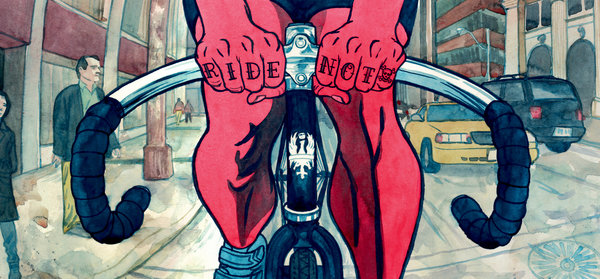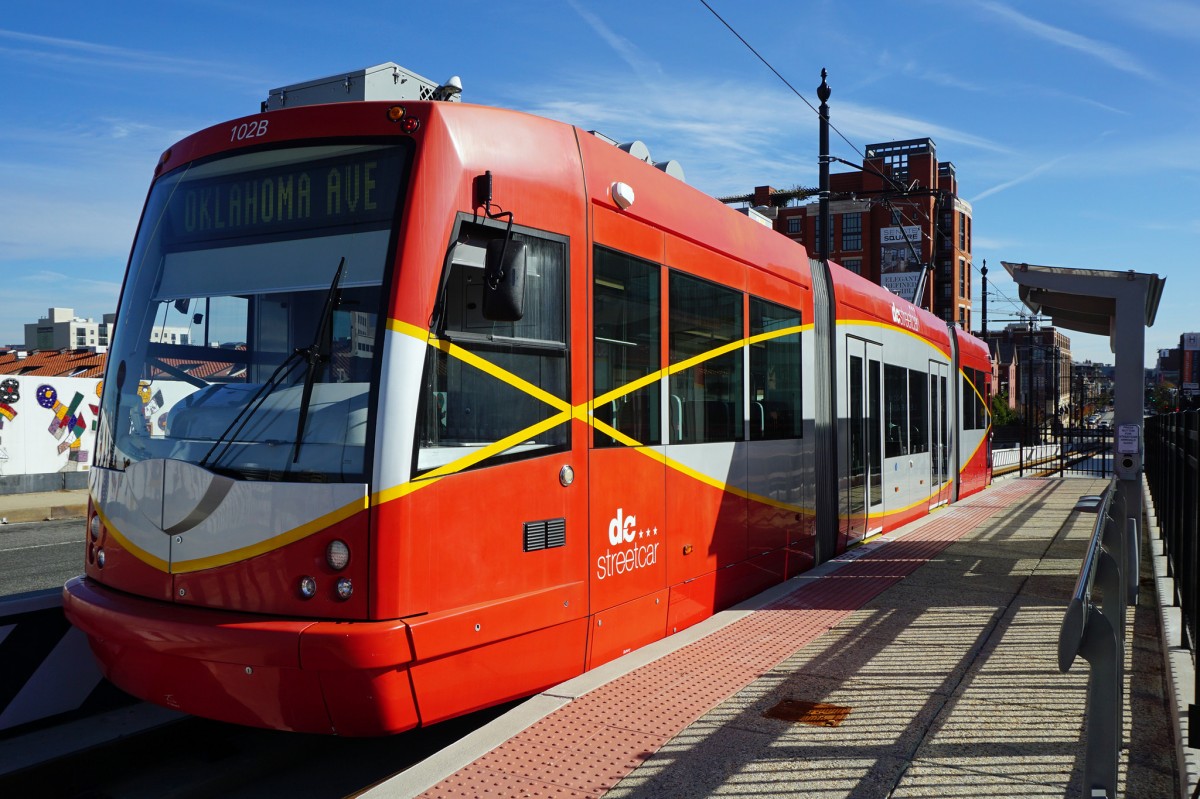In the United States, it's pretty much legal to drive into and kill a cyclist, as long as you're sober and stay at the scene. Writer Daniel Duane made that point last weekend in a New York Times op-ed titled, "Is it O.K. to Kill Cyclists?"

The question mark in the headline was the first sign that the piece wasn't going to take a firm stand, even though Duane sets up the essay with some good insight:
When two cars crash, everybody agrees that one of the two drivers may well be to blame; cops consider it their job to gather evidence toward that determination. But when a car hits a bike, it’s like there’s a collective cultural impulse to say, “Oh, well, accidents happen.”
If that was the high point of the article, the low points come when Duane equivocates, suggesting that "everybody's a little right" despite the fact that people are capable of far more harm when they're behind the wheel than when they're in the saddle.
Bike Snob (a.k.a. Eben Weiss) called Duane out for concluding that the response to reckless drivers who bear no consequences should be for cyclists to "obey the letter of the law":
We deserve respect for being human, and it ends there. Yet we're supposed to be good little boy scouts and girl scouts--even when it's more dangerous for us to do so--to prove we're deserving of not being killed? That's just stupid and insulting.
Where Duane and the Times failed, the Economist nailed it, pointing to the differences between an American justice system that imposes little or no consequences on deadly driving, and the Dutch system of strict liability. In the Netherlands, writes the Economist, "if a motor vehicle hits a cyclist, the accident is always assumed to have been the driver's fault." Even in cases where a cyclist is breaking a rule, the onus is on the motorist to explain why the collision could not have been avoided. As a consequence, American bike fatality rates per mile are five to nine times higher than in this famously bike-friendly country.
And, far from being victimized, motorists in the Netherlands also reap the safety benefits from this legal system:
Does this result in rampant injustice to drivers when accidents occur? No. It results in far fewer accidents.
In the end, writes the Economist, people's willingness to accept a strict liability system "depends on how much one values human life, as against the inconvenience of having to look in the rearview mirror more often." Will such a clear case for reforming America's broken traffic justice system ever appear in the Times?





